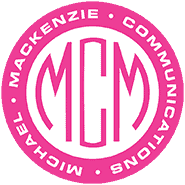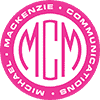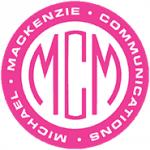When I finished grad school at FSU in 1991 the unemployment rate was also somewhere around 7%. Competing against experienced professionals for entry-level positions was extremely difficult. Today I find myself on the receiving end of those inquiries and feel compelled to share a few tips I wish somebody had told me 17+ years ago.
First of all, it’s all about your network. Experienced professionals and repeat job seekers know this but new graduates haven’t figured it out yet. While every person you meet may seem like a potential employer, you will be much better served if you figure out how to add them to your network first. Don’t ask them for a job. Ask them how they like their job. Learn about what they do and how they got there. Find out who they talk to, sell to, buy from, partner with and even hire. And then ask them to refer you to three associates who work in your targeted field. If you have enough of these conversations, you will ultimately network your way into a position.
Second, when you come across someone who may have the potential to hire you, don’t send them your resume. Wait until you’ve had the opportunity to speak or meet with them first. Once you blast out your resume, you’ve given away the goods. People no longer have a reason to talk to or meet you.
Third, don’t be afraid to work for free. Shadowing professionals who work in your field to gain experience and exposure will be a much greater learning experience than any low-paying, entry level position. When employers have to pay you for your time, they will want you to focus on what provides them the greatest ROI, but when you volunteer to pitch in, it doesn’t cost them anything to let you help. If you do it well, you’ll turn that opportunity into a paying position.
Fourth, start writing. Write about anything and everything. Write like a reporter, like a news maker, like a biographer. Write web copy, write brochure copy, write press releases. Write about you, your friends, people you meet. If you want to work in PR, you’re going to have to write. Better to figure out early if you like to write. And when you get the opportunity to apply for a position, you’ll have a portfolio to share.
Fifth, read. Read everything in your field as well as current events. Hiring managers are going to ask you what you’ve been reading — to learn a little about your personality. They’re also going to expect that you have some level of knowledge of what is happening in the world around you. Be prepared to talk about today’s news or they’ll think you’re not paying attention and PR professionals have to pay attention.


